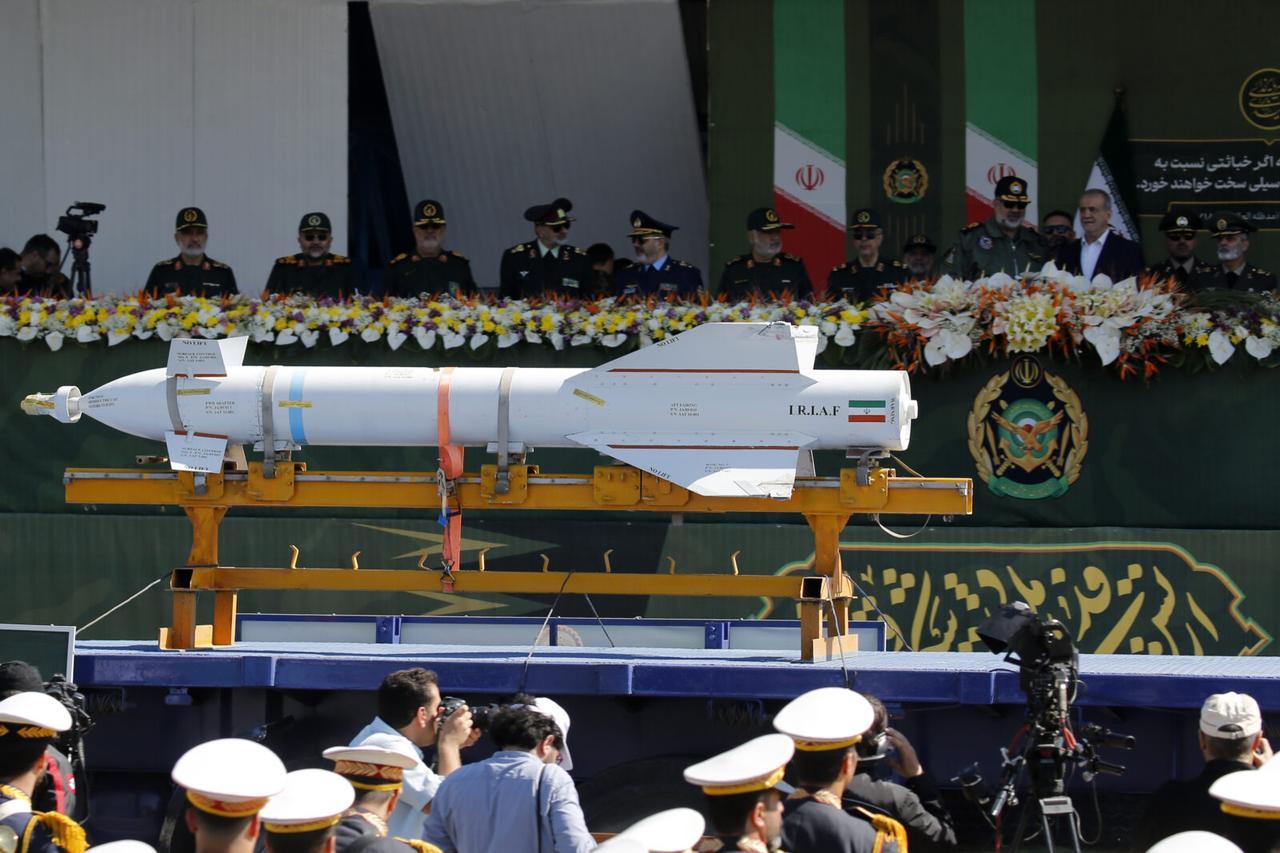
Iran threatened Sunday to respond to any European sanctions following a United Nations report showing Tehran has significantly expanded its stockpile of highly enriched uranium, raising fresh concerns about the country's nuclear ambitions.
The International Atomic Energy Agency reported that Iran has sharply increased its uranium enrichment to up to 60% purity, approaching the roughly 90% level required for nuclear weapons. Iran's total enriched uranium stockpile now stands at an estimated 9,247.6 kilograms (20,387.4 pounds), exceeding by 45 times the limit set under the 2015 nuclear agreement with world powers, according to the confidential IAEA report.
Iranian Foreign Minister Abbas Araghchi warned IAEA Director-General Rafael Grossi in a Saturday phone call that "Iran will respond to any inappropriate action by the European parties"—referring" to Britain, France and Germany, which have threatened to reimpose sanctions if they consider Iran's nuclear program a continental security threat.
Araghchi urged Grossi to prevent "parties from exploiting" the nuclear watchdog's findings "to advance their political objectives," according to an Iranian foreign ministry statement.
The warnings come as the IAEA Board of Governors prepares to review Iran's nuclear activities during its quarterly meeting in Vienna beginning June 9.
Iran has rejected the latest IAEA assessment, continuing a pattern of disputing international oversight of its nuclear program.
The Islamic Republic maintains it seeks nuclear capabilities solely for civilian energy production and denies pursuing weapons development, despite international concerns about its expanding enrichment activities.
The escalating tensions emerge alongside renewed diplomatic efforts between Washington and Tehran. Araghchi confirmed Saturday he had received "elements" of a U.S. proposal for a potential nuclear agreement following five rounds of Oman-mediated talks.
Iran would respond "in line with the principles, national interests and rights" of its people, Araghchi said on social media platform X.
White House press secretary Karoline Leavitt said the United States "has sent a detailed and acceptable proposal to the Iranian regime, and it's in their best interest to accept it," according to The New York Times.
The proposal, described as bullet points rather than a comprehensive draft, calls for Iran to halt all uranium enrichment and proposes establishing a regional nuclear power consortium including Iran, Saudi Arabia, other Arab states and the United States, according to officials familiar with the diplomatic exchanges cited by The New York Times.
The current crisis stems from the collapse of the 2015 Joint Comprehensive Plan of Action, which lifted sanctions on Iran in exchange for strict limits on its nuclear program.
President Donald Trump withdrew the United States from the agreement during his first term in 2018, implementing a "maximum pressure" sanctions campaign.
Iran has progressively expanded its nuclear activities since the deal's breakdown, enriching uranium to 60%—far exceeding the agreement's 3.67 percent limit, though still below weapons-grade levels.
The 2015 accord includes a "snapback" mechanism allowing automatic reimposition of U.N. sanctions if Iran violates its commitments. This provision expires in October, adding urgency to current diplomatic efforts.
As international pressure mounts and diplomatic channels remain active, the nuclear standoff continues to test regional stability and global non-proliferation efforts.